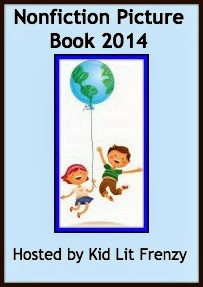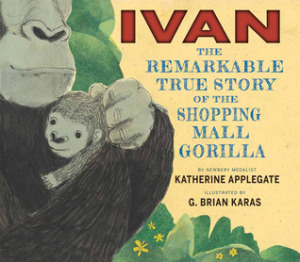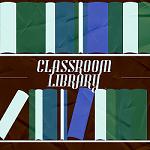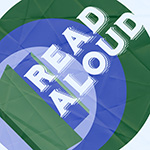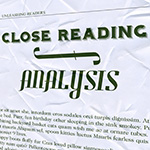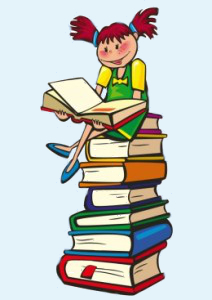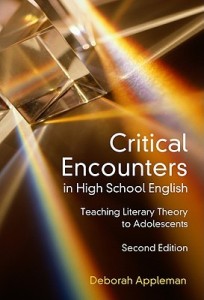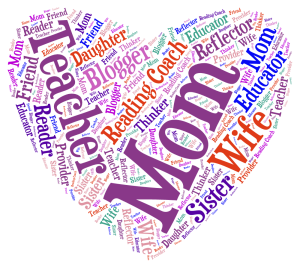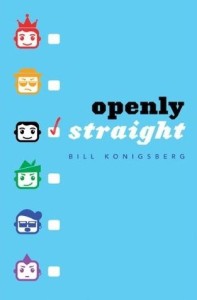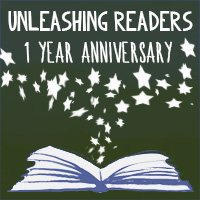Nonfiction Picture Book Wednesday
Nonfiction Picture Book Wednesday is hosted by Kid Lit Frenzy and was started to help promote the reading of nonfiction texts. Most Wednesdays, we will be participating and will review a nonfiction text (though it may not always be a picture book).
Be sure to visit Kid Lit Frenzy and see what other nonfiction books are shared this week!
Ivan: The Remarkable True Story of the Shopping Mall Gorilla
Author: Katherine Applegate
Illustrator: G. Brian Karas
Published October 7th, 2014 by Clarion Books
Goodreads Summary: In a spare, powerful text and evocative illustrations, the Newbery medalist Katherine Applegate and the artist G. Brian Karas present the extraordinary real story of a special gorilla.
Captured as a baby, Ivan was brought to a Tacoma, Washington, mall to attract shoppers. Gradually, public pressure built until a better way of life for Ivan was found at Zoo Atlanta. From the Congo to America, and from a local business attraction to a national symbol of animal welfare, Ivan the Shopping Mall Gorilla traveled an astonishing distance in miles and in impact.
This is his true story and includes photographs of Ivan in the back matter
My Review and Teachers’ Tools for Navigation: Anyone who knows me knows that I adore apes (see my Nerdy Book Club Top Ten Ape books and my Hurt Go Happy interview with Ginny Rorby as well as my Hurt Go Happy, Primates, and Endangered reviews). They are such fascinating creatures. I enjoy reading about them and am a true advocate for their care here on Earth. This book is just another supporting document in the beauty, intelligence, and awesomeness of these creatures. Katherine Applegate has written a perfect companion to her Newbery winning One and Only Ivan which takes the reader into Ivan’s life and once again makes our heart break for him. It is written in verse with words that transport you into Ivan’s life. This book made me cry because of the power of the words, but more importantly, the power of Ivan’s story. Please read this. You will thank me (and curse Katherine Applegate for the tears).
Teachers’ Tools for Navigation: The best way for this book to be used in the classroom is in conjunction with The One and Only Ivan or other books about animals in captivity or apes. It will start lots of conversation and is a wonderful introduction into empathy for all living things.
Discussion Questions: Why was it wrong for the poachers to take Ivan?; Do you think wild animals should be allowed to be pets?; How do you think Ivan felt when he went to Atlanta?
We Flagged:

Read This If You Loved: The One and Only Ivan by Katherine Applegate, Hurt Go Happy by Ginny Rorby, Endangered and Threatened by Eliot Shrefer, Faithful Elephants by Yukio Tsuchiya, Me…Jane by Patrick McDonnell, Primates by Jim Ottaviani, Little Beauty by Anthony Browne, Half Brother by Kenneth Oppel
Recommended For:
